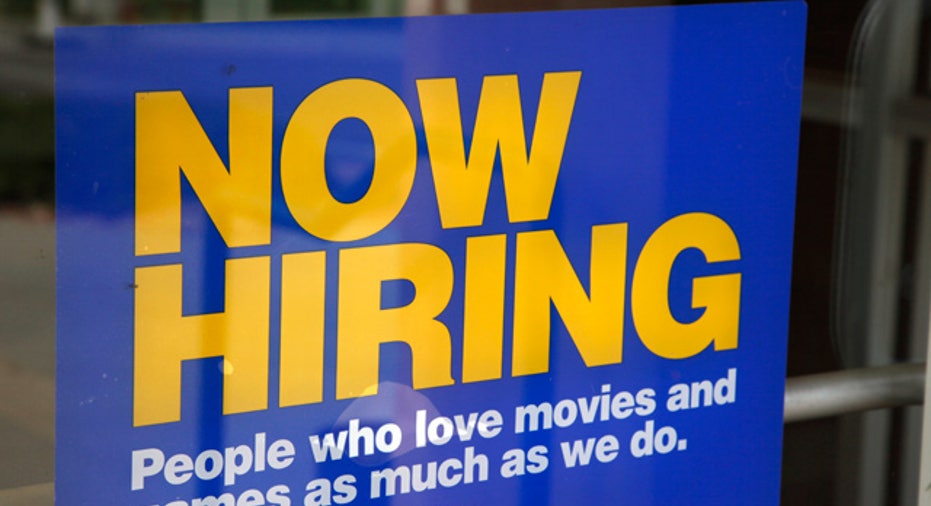Why the Jobs Report Could Tip the U.S. Towards a Recession

Can employers save the U.S. from a recession?
The global bond market is telling investors the world economy is in big trouble and the U.S. is no exception. Tumbling bond yields, which signal investors are looking to safe-guard their money, has made Friday’s jobs report one of the most critical economic data points of the year as the Brexit fallout remains unclear.
“Recession unfortunately looms, that is what the bond market tells us,” said Steve Cortes, chief strategist at BGC, during an appearance on FOX Business Network’s Varney & Co. earlier this week. “We [the U.S] are doing better than the rest of the world but we are still not doing great,” he added.
For example, bond yields in Japan, which are negative, paint a dire economic picture, while the U.S. appears to be less bad. Yields, which trade inversely to prices, on U.S. Treasuries are hovering near record lows. Mid-day Thursday, the 10-year yield sat at 1.387% and the 30-year at 2.136%.
U.S. job growth in June, due on Friday, should signal the economy is limping along. Employers likely added 175,000 non-farm workers last month, according to economists polled by Thomson Reuters. The growth will likely include the return of striking Verizon (NYSE:VZ) workers, which resulted in just 38,000 jobs being added in May. Roughly 35,000 Verizon workers went on strike that month, so that number will be backed out of Friday’s headline total, putting real job growth at around 140,000. That is below 200,000 – the preferred pace for many economists.
Despite the expected rebound in hiring, Dan North, chief economist at Euler Hermes North America, tells FOXBusiness.com the recent and rapid drop in bond yields and yield spreads continues to be a red flag. “Yields are going the wrong way really quickly,” he said, adding that a recession could be in the cards longer-term. “We don’t see a recession in 2016 but it raises concerns for 2017.”
A recession is characterized by two back-to-back quarters of negative GDP growth. While the U.S. is still growing, 1Q GDP rose a paltry 1.1%, as reported by the Commerce Department.
North’s describes the overall pace of U.S. economic growth, including year-over-year data on personal consumption and durable goods, as “pretty weak”.
Regardless of how the jobs data comes in North doesn’t see the Federal Reserve doing much of anything this year. “Nothing will change the Fed’s mind to move [raising interest rates] this month or September,” he notes and at most they could move only once this year.
Either way, expect a lot of Monday morning quarterbacking on the U.S. economy until the Fed meets next on July 26-27.
Suzanne O’Halloran is Managing Editor of FOXBusiness.com and a graduate of Boston College. Follow her on @suzohalloran.



















